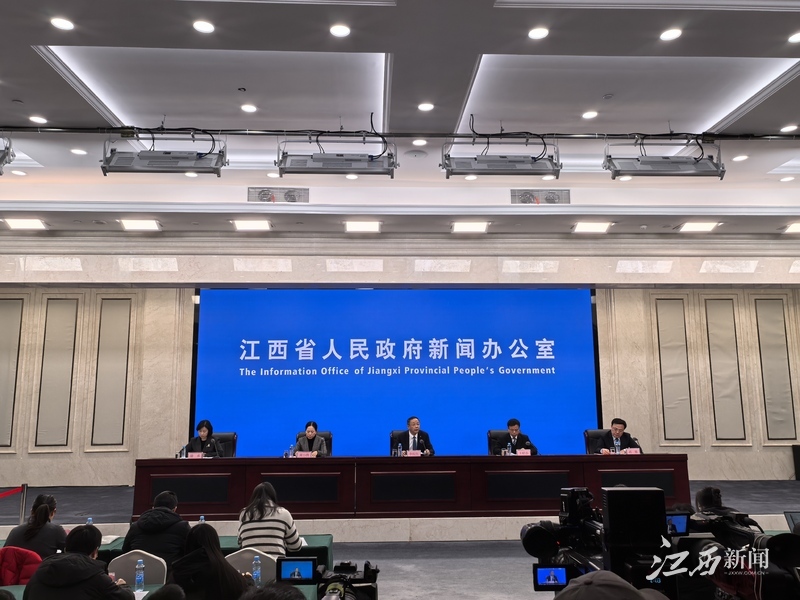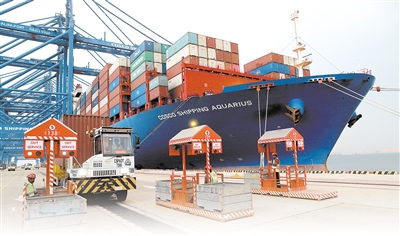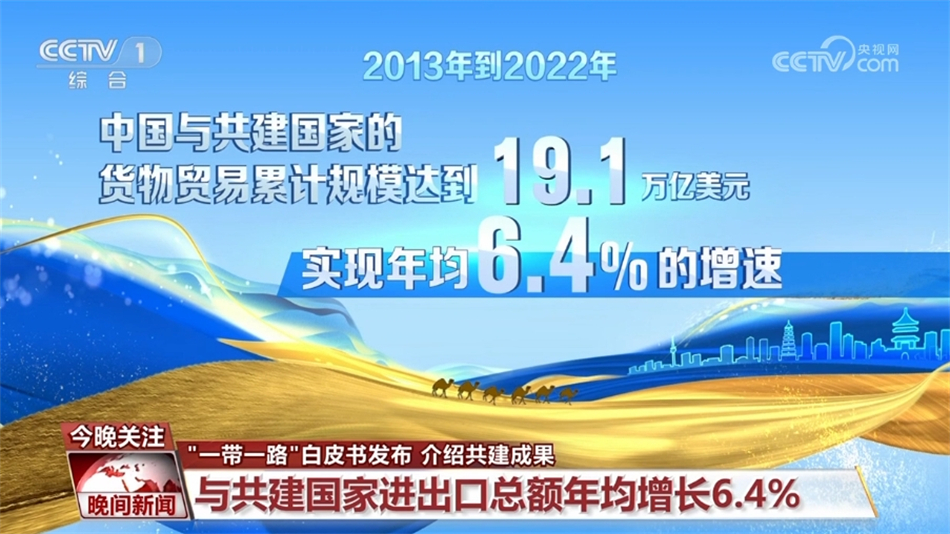Foreign Media: "Digital Silk Road" Helps Improve Global Governance
Foreign Media: "Digital Silk Road" Helps Improve Global Governance
Reference News Network reported on October 20 that the "Middle East Online" website published an article titled "China's "Digital Silk Road" Reshapes Global Alliances" on October 15. Excerpts from the article are as follows: The world is entering a new era of technological geopolitics
The website "Middle East Online" published an article titled "China's "Digital Silk Road" Reshapes Global Alliances" on October 15. An excerpt from the article is as follows:
The world is entering a new era of technological geopolitics, and China’s “Digital Silk Road” is at the center of this era. It is an integral part of the Belt and Road Initiative and has now grown into a comprehensive digital network connecting parts of Asia, the Middle East, Africa and Europe. Its scope goes beyond fiber optic cables and data centers to include artificial intelligence, smart cities, cloud computing and digital governance.
Through the “Digital Silk Road”, China is seeking to export technology and a digital governance model that is different from the West.
The “Digital Silk Road” was originally defined as a way to strengthen global digital connectivity. Over time, it became a platform that exported Chinese standards and influenced the way the world manages data flows. Developing market markets are increasingly adopting Chinese digital frameworks.
Through large-scale projects in Asia, Africa, and Latin America, Chinese technology companies such as Huawei, Alibaba Cloud, and ZTE are shaping new norms for network governance and digital trade. While Western countries debate the risks of technology dependence, many developing economies have become involved, attracted by China's low-cost technology and flexible financing.
The Gulf region exemplifies how China’s digital ambitions dovetail with other countries’ transformation plans. For example, Saudi Arabia’s Vision 2030 shares Beijing’s commitment to diversifying its economy through innovation and the development of artificial intelligence technology. During King Salman's visit to China in 2017, the two sides signed cooperation documents in fields such as energy and education.
In August 2024, the Saudi Public Investment Fund signed a $50 billion agreement with Chinese financial institutions, focusing on digital economy and technology investment. China also provides support to Saudi Arabia’s green transformation projects and cooperates to promote the application of artificial intelligence technology in the tourism and logistics fields. These collaborations mark a shift from energy dependence to data-driven partnerships.
For Washington, the Digital Silk Road is a challenge. However, China continues to attract developing countries, especially those in Africa and Latin America, because of its ability to provide affordable infrastructure. China has consolidated its influence in parts of Central Asia and Latin America, effectively filling gaps in connectivity and shaping digital norms in these regions.
Ultimately, the Digital Silk Road is not just a technology project but a vision for global governance. China attempts to use it to define how data flows, how the digital economy operates, and how countries interact in the information age. In this emerging order, countries should diversify technology partnerships, strengthen local innovation ecosystems, and safeguard data stewardship. Global competition in the 21st century is no longer a battle for territory, but a battle for technology, data and trust. (Compiled/Ge Xuelei)





